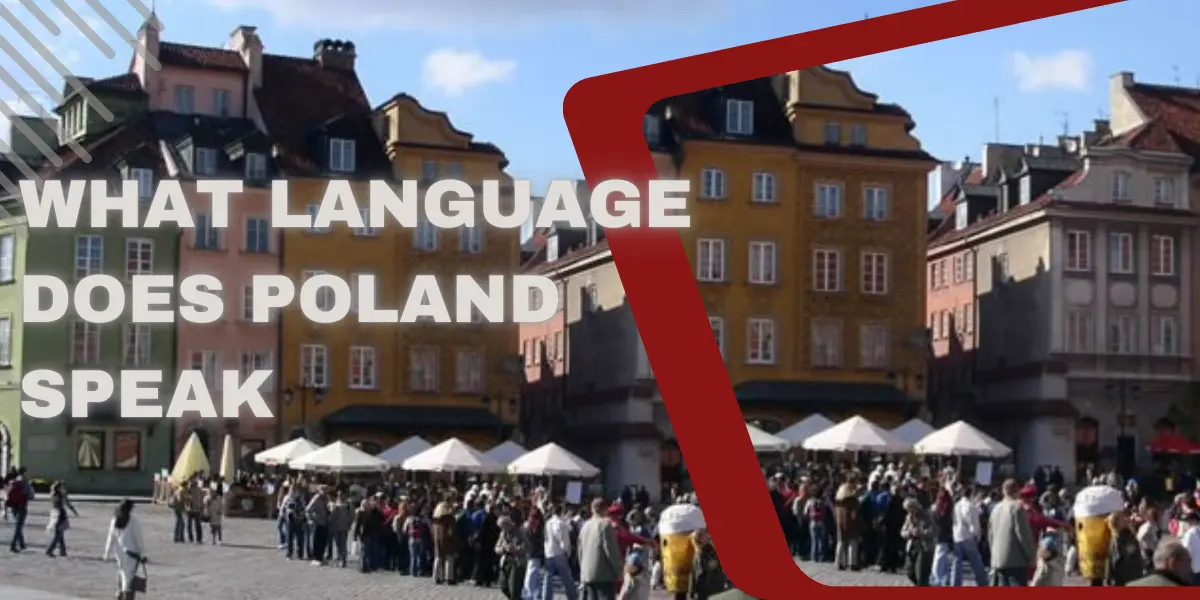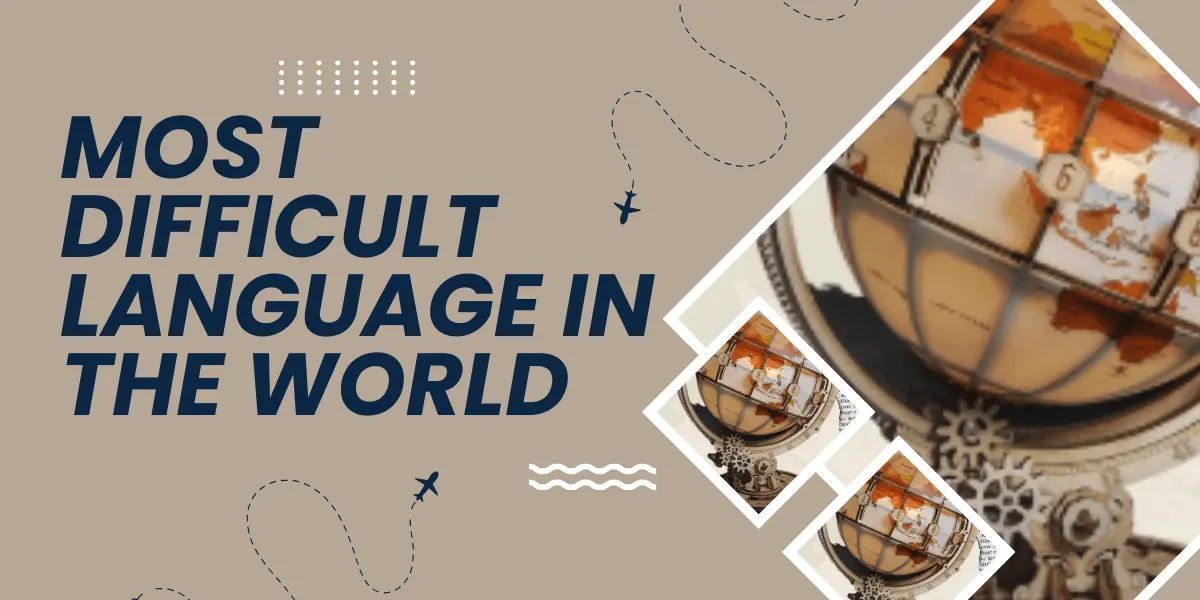What Language does Portugal Speak: Portuguese is the official language of Portugal, and one of the languages derived from Latin with more than 260 million speakers across all continents. It is the sixth most widely spoken language in the world, and it ranks third among major European languages after English and Spanis While Portuguese is the official language of Portugal, it also has an extensive international presence due to its status as a global tongue and one with significant cultural and economic reach.
Relevancy of the Portuguese Language
Culture and Identity
The Portuguese language is a key component of Portugal;s national identity, representing hundreds of years in history and literature (and hopefully future reads). It is the language of renowned authors such as Luís de Camões and Fernando Pessoa. To place value on Portuguese refers to the necessity for Portugal’s national identity not only be maintained, but also promoted.
Global Communication
Portuguese ties Portugal to the Lusophone (that is, Portuguese-speaking countries) world, which spans four continents. This common language is instrumental to develop diplomatic and economic opportunism such as international trade, cultural exchange or the unity we see on international organizations like CPLP (Community of Portuguese Language Countries.
Tourism
Portugal gains an upper hand as one of the most visited countries in the world, and hospitality and service industries which use Portuguese. However, the English language is made more famous in tourist and foreign guests areas that also incorporated communication to local tongues.
Investment or Business Opportunities
For any company that is considering going international and has an interest in focusing on the Brazilian market, which includes one of the largest emerging economies globally, having Portuguese can be a great strategic advantage. No less importantly, Portuguese is a relevant language in Africa, the markets of which are exhibiting strong growth tendencies.
The Basics of the Portuguese Language
Linguistic Structure
Portuguese grammar is predicated on Latin with a highly intricate system of verb conjugations and tenses. A lot of nasal vowels, other sounds that many non-native speakers can find hard to pronounce. The two principal dialects are that of `European Portuguese (predominantly spoken in Portugal) and Brazilian Portuguese, with some differences mostly regarding pronunciation, vocabulary and grammar.
Language Learning
It is one of the ten most taught foreign languages in the world, with almost 500 years since it became part of schools and universities across globe despite having increased expand after lept grow barely influencive countries. Nowadays, you can learn Portuguese through language learning apps, take online courses or go on an immersion program in destinations such as Portugal and Brazil.
Reasons Why You Should Learn Portuguese
Cultural Enrichment
Studying Portuguese also gives you entrance to a vast and multi-facet-cultural universe, with songs, books or movies born in Portugal but equally from Brazil and the other countries of Lusophone. It provides a richer context with which to approach works such as the poems of Fernando Pessoa, or Brazilian director Walter Salles films.
Travel and Relocation
In fact, from the experiences I have had both in Portugal and other Lusophone (Portuguese-speaking) countries, speaking Portuguese does enhance travel possibilities. It allows better communication with locals which also provides a much deeper immersion into each country visited. It is also useful for those planning to move here since it gives practical insights into the daily administrative and social life.
Career Advancement
With a job in international business, diplomacy or translation — just to name three possibilities — knowledge of Portuguese will also offer an even greater advantage. As a result, multinationals in Lusophone markets highly appreciate staff members who can speak the language of Portuguese.
Link to Global Communities
Wherever in the world they are, a Portuguese speaker can link up with global environment creating personal and professional bonds that cross continents. It also enables one to be part of the wider Portuguese-speaking digital communities, media and social networks too — broadens our horizons!
Real-Life Examples
Cultural Festivals
Examples of this are the Festa de São João in Porto, Portugal is an explosion of celebration where everyone speaks Portuguese and shows that tradition keeps the your language rooted.
Economic Ties
Portugal has long-established ties — particularly economic ones with Brazil, one of the BRICS nations— as their native language certainly aids negotiations partnerships in trade agreements among potential other points.
Education and Exchange Program
Some European universities, like Turkey’s Istanbul Sehir University under the Erasmus program that routinely does exchanges with Portuguese-speaking nations. Learning Portuguese means a richer experience when you are abroad and much more cultural integration.
Conclusion
In Portugal language is much more than a communication tool, it reveals itself not only as an inherent part of the country’s culture but also as a access path to global connexions. This is a reminder of its role in cultural conservation, international relations and economic value. This makes Portuguese a very useful language for those who travel, do business or want to learn more about culture; whether personal and professional life.
Also Read: What Language does Poland Speak: Learning the Language in Poland



